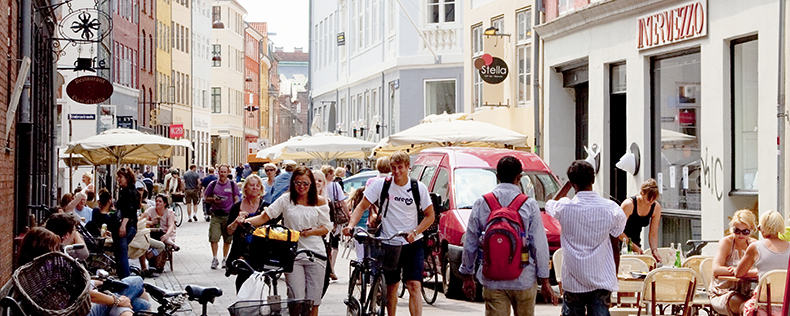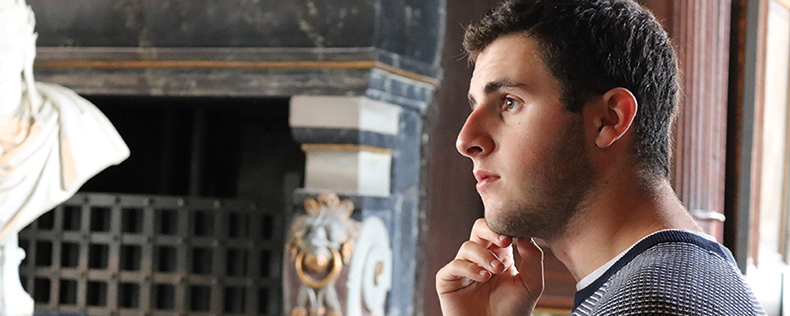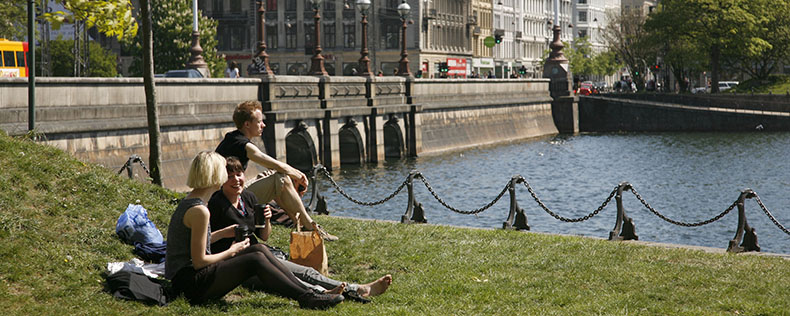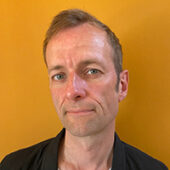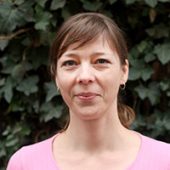In this course, we examine the foundations of ‘the good life’ as they surface in Danish and Continental European philosophy, with a particular focus on human freedom, authenticity, and the search for meaning, fulfillment, and happiness. While external conditions may bring satisfaction, as in a well-functioning state like Denmark, we turn our attention deeper towards internal measures of human flourishing.
The two sections of this course will both use Søren Kierkegaard’s Copenhagen as our primary meeting place to begin asking questions around the makings of the good life, but each will take these questions in slightly different directions, reading from different thinkers and venturing down separate paths before arriving back together at the greatest questions of humanity.
The section traveling to Greece will study the good life through the legendary thinkers of Socrates, Plato, Aristotle, and the Stoics. The ancient Greeks were concerned with the multifaceted question of what a good life is for a human being. From the ancient art of stoic joy to reflections on love, beauty, and the art of dwelling, we will seek to understand how their ancient search for meaning can resonate with our modern today. Our inquiry will unfold in the sensory realms, incorporating art, architecture, philosophy, myth, and poetry. What insights do old and new ideas hold for us and the ever-accelerating pace of our modern lives?
The section traveling to France will bring us into the minds of 19th and 20th-century European thinkers, writers, and artists, like Kierkegaard, Beauvoir, Camus, and Nietzsche, who were deeply troubled by the existential conditions of despair, anxiety, and meaninglessness, but who also saw these trials as occasions to examine how we live. With them, we inquire into our relationships, activities, and commitments. And we ask whether freedom is key to happiness, and, if so, the freedom to do what? What makes a life well-lived? All of these philosophers, in their own ways, turned towards nature and the outdoors as a place to clear their minds from the stresses or human social life and reconnect with the world around them. As such, throughout this course, we too will move between the city and wild areas to experience how movement in nature can help one declutter and detach their minds from urban life. We may not all come to a common agreement on life’s purpose, but, together, we do partake in an age-old pilgrimage in search of the good life.
We may travel along different paths and we may not all settle with a common agreement on life’s purpose, but, together, whether in Denmark, Greece, or France, we do all partake in an age-old pilgrimage in search of the good life.
Related Discipline(s)
This summer course would also be of interest to the following discipline(s):Ethics
